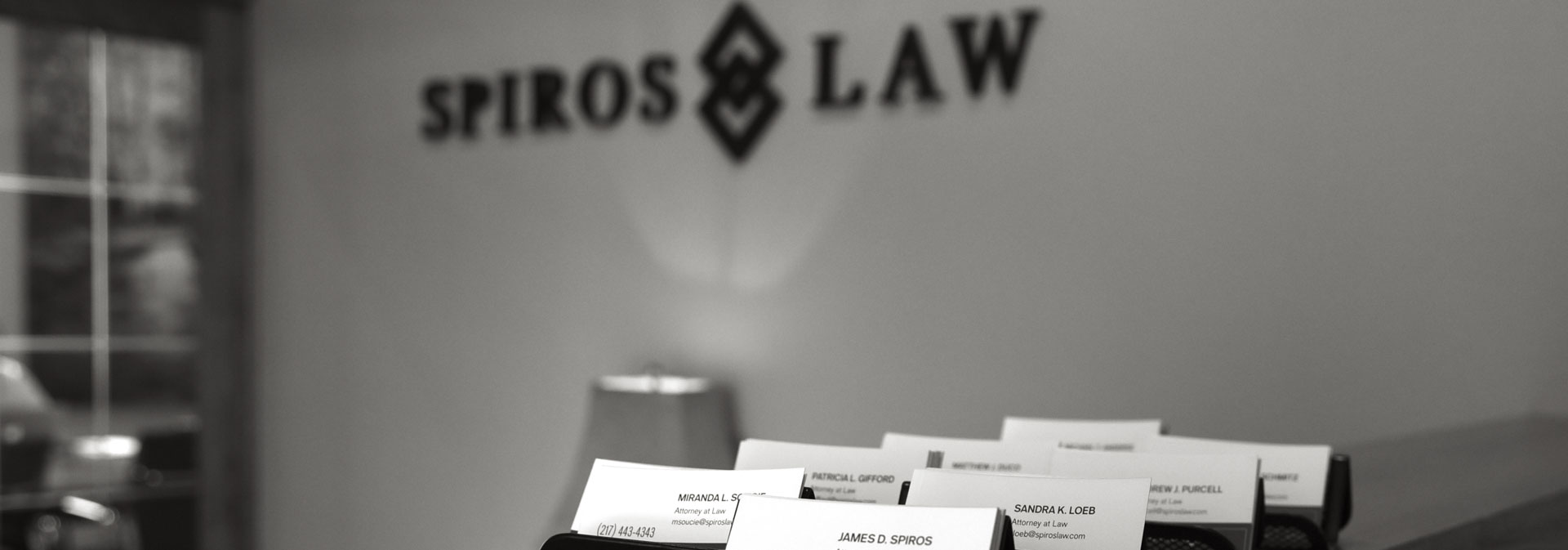Can I File a Claim for My Slip and Fall?
A slip and fall injury claim arises when a property owner or manager is negligent and a visitor is hurt as a result. Slip and fall accidents occur when a property is not adequately cleaned or maintained, or if known hazards are not addressed or clearly marked to alert people to the dangers they face. Examples of common slip and fall injuries include spilled liquid (that the owner, manager, or employees observed but did nothing to address) or cracked sidewalks that should be repaired or marked.
Other instances where a property owner may be deemed negligent by law:
- Failure to keep walkways and parking lots slick-free
- Poorly lit areas where victims can’t see potential injury hazards
- Failure to maintain stairways and elevators
- Debris in thruways
- Pavement that is not adequately maintained and in bad condition
If you visit someone’s property in Danville and suffer an injury in a slip and fall, you could file a lawsuit against the property owner. To win a slip and fall claim, you must prove that the property owner’s negligence caused your injury.
In a slip-and-fall case, you must prove that:
- The owner failed to maintain their property, or
- The property owner created dangerous conditions that caused your injury, or
- The owner knew about the hazards on the property but did not notify you of them
It is essential to determine whether the unsafe condition was temporary or permanent. In instances where the hazardous condition was temporary, the duration in which it was there may make it more challenging to prove your case. If you cannot determine what caused you to slip and fall, it will be hard to prove liability. An experienced Danville slip-and-fall accident attorney can help you confirm that the property owner should have known the dangerous condition existed for more than a reasonable length of time but did nothing about the hazard.
Natural and Unnatural Accumulation
Illinois has a “natural accumulation rule,” which means a property owner has no duty to remove natural accumulations of snow, ice, or water on their property, regardless of how long the natural accumulation has been on the property or how long the inclement weather has lasted. Therefore, if you slip and fall on snow or ice that was not shoveled or salted in Illinois, there is no liability for the property owner.
Examples of natural accumulation include:
- Untouched snow that has fallen
- Ice that is the result of snow melting then freezing again
- Snow that falls off of cars and other vehicles
- Drifting of snow caused by wind or melting
- Tracks in the snow created by traffic
If there is an unnatural accumulation of snow that resulted in you slipping and falling, the property owner may be held liable. Therefore, a property owner could face a slip and fall injury claim in an instance where snow or ice accumulated because they either aggravated a natural condition or created an unnatural condition.
Commercial property owners will usually attempt to clear walkways for customers but can be held liable for injuries in the case of unnatural accumulation, such as:
- Creating unnatural piles of snow in areas where they should know runoff could cause ice accumulation
- Negligence in removing ice and snow from areas they are trying to clear
- Having a contract in place that creates a duty to remove snow
- A design defect (eg., drain or downspout) that causes unnatural accumulations of snow and ice
Your injury claim depends upon the property owner creating the conditions that caused your slip and fall. An experienced Danville slip-and-fall attorney can help you determine liability and whether natural or unnatural accumulation was involved in your accident.
Contact an Illinois Slip and Fall Attorney
If you have been injured in a slip-and-fall accident in Danville, you may be entitled to compensation. Contact the Danville slip-and-fall accident lawyers at Spiros Law, P.C. by calling (217) 443-4343 to schedule a free, no-obligation consultation.



